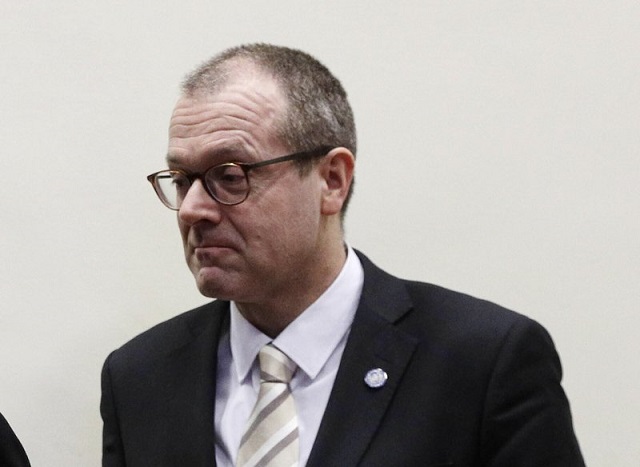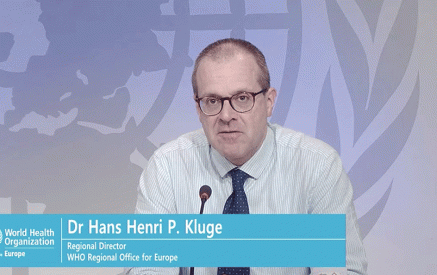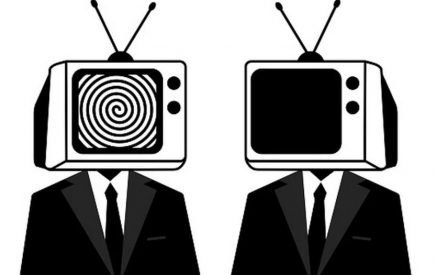29 April 2021 – Statement by Dr Hans Henri P. Kluge, WHO Regional Director for Europe
As I speak to you today, I must express my heartfelt condolences to every family affected by this pandemic. Our thoughts and prayers are with you, and in particular with the people of India and their battle against a horrific surge of COVID-19. I call upon the countries of the WHO European Region to do everything they can, however they can, to support India, and I thank those who have already provided help.
Here in the European Region, it has been 462 days since the first COVID-19 cases were reported. Based on numbers of confirmed cases, 5.5% of the entire European population has now had COVID-19, while 7% has completed a full vaccination series.
But even as new cases, hospitalizations and deaths decline, the threat remains present. The virus still carries the potential to inflict devastating effects. As a matter of fact, close to half of all COVID-19 infections in the Region since January last year were reported to WHO during the first 4 months of this year.
Read also
For the first time in 2 months, new cases fell significantly last week. Yet, infection rates across the Region remain extremely high.
Across most countries, individual and collective public health and social measures remain dominant factors in shaping the pandemic’s course.
Crucially, national governments in the Region are slowly but surely protecting those most at risk of severe disease and death through vaccination. To date, some 215 million doses of vaccine have been administered. Approximately 16% of the Region’s population has had a first vaccine dose, and 81% of health workers in 28 countries in the Region have had a first dose.
Where vaccination rates in high-risk groups are highest, admissions to hospitals are decreasing and death rates are falling. Vaccines are saving lives, and they will change the course of this pandemic and eventually help end it.
We also need to be conscious of the fact that vaccines alone will not end the pandemic. Without informing and engaging communities, they remain exposed to the virus. Without surveillance, we can’t identify new variants. And without contact tracing, governments may need to reimpose restrictive measures.
Every year during European Immunization Week, we highlight the fact that for over 200 years, vaccines have protected us against life-threatening diseases. Today they help protect against more than 20 diseases, from pneumonia to cervical cancer and now also COVID-19.
In the context of the pandemic, it is a combination of vaccines and strong public health measures that offer us the clearest path back to normal. It is vaccines that bring us closer – closer to ending this pandemic; closer to eradicating polio and eliminating measles, cervical cancer and other vaccine-preventable diseases; closer to a world without the threat of antibiotic resistance.
The fact that the countries of the European Region on average reached 96% of children scheduled to receive their first dose of measles vaccine in 2019 is testament to the commitment of governments in the Region to eliminate measles. We now need that commitment to vaccinating against the SARS-CoV-2 virus.
My message today goes beyond COVID-19.
2019 saw the result of faltering immunization rates in previous years in the form of more than 100 000 measles cases. And when routine immunization services are temporarily interrupted – as was the case precisely a year ago in 6 countries in the Region hard hit by the pandemic – that interruption may well lead to infectious disease outbreaks further down the line.
Hard-earned success can slip away fast. That is why I urge you to press hard to maintain high immunization coverage with routine vaccines in the Region. We must not loosen our grip on vaccine-preventable diseases. If we are to keep the upper hand, health systems need to provide essential primary health care, including routine vaccinations, while controlling the pandemic.
Once again, vaccines are about to change the course of history – but only if we act responsibly and get vaccinated when offered the opportunity to do so.
Vaccines are a tool of no use when sitting on shelves in cold rooms, but life-saving when injected into people’s arms. Ultimately, it is us, the people who receive them, who make them work for the good of all.
Thank you.
WHO Regional Office for Europe

























































